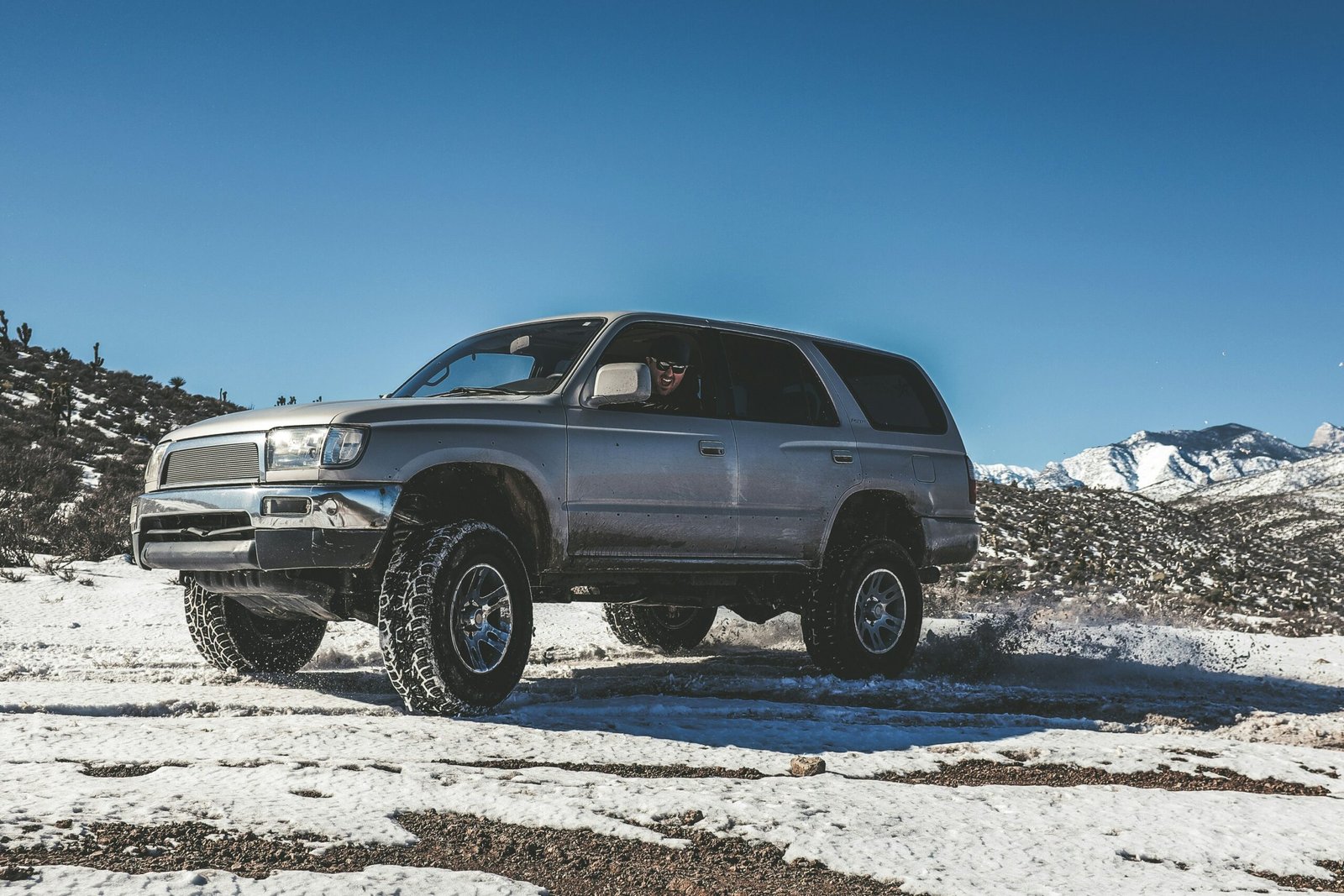Jeep has long been known for its ruggedness and off-road capabilities, and the introduction of the 2.0 Turbo engine in some of its models has added a new level of power and performance. However, like any complex machinery, the Jeep 2.0 Turbo engine is not without its share of problems. In this article, we will explore some of the common issues that Jeep owners may encounter with their 2.0 Turbo engines.
1. Oil Leaks
One of the most common problems reported by Jeep owners with the 2.0 Turbo engine is oil leaks. These leaks can occur from various locations, such as the oil pan, valve cover, or oil filter housing. Oil leaks can lead to a loss of oil pressure, which can cause engine damage if not addressed promptly. If you notice any signs of oil leaks, such as oil spots on the ground or a burning oil smell, it is important to have your Jeep inspected by a qualified mechanic.
2. Turbocharger Failure
Another issue that some Jeep 2.0 Turbo owners have experienced is turbocharger failure. The turbocharger is responsible for increasing the engine’s power output by compressing the incoming air. However, over time, the turbocharger can become worn or damaged, leading to a loss of power and decreased performance. If you notice a lack of power or unusual noises coming from the engine, it is possible that the turbocharger may need to be replaced.
3. Engine Misfires
Engine misfires can occur in any vehicle, and the Jeep 2.0 Turbo engine is no exception. Engine misfires can be caused by a variety of factors, such as faulty spark plugs, fuel injectors, or ignition coils. When an engine misfires, you may experience a rough idle, reduced power, or even a check engine light. If you are experiencing engine misfires, it is important to have your Jeep inspected by a qualified mechanic to determine the underlying cause and prevent any further damage.
4. Overheating
Overheating is a serious issue that can lead to engine damage if not addressed promptly. Some Jeep 2.0 Turbo owners have reported overheating issues, especially in hot climates or during heavy towing. Overheating can be caused by a malfunctioning thermostat, a faulty radiator, or a coolant leak. If your engine temperature gauge is consistently reading high or if you notice coolant leaks, it is important to have your Jeep inspected by a qualified mechanic to prevent any further damage.
5. Stalling
Stalling is another problem that some Jeep owners have experienced with the 2.0 Turbo engine. Stalling can occur when the engine suddenly shuts off while driving or idling. This can be caused by a variety of factors, such as a faulty sensor, a clogged fuel filter, or a malfunctioning ignition switch. If you are experiencing stalling issues, it is important to have your Jeep inspected by a qualified mechanic to diagnose and resolve the underlying cause.
In conclusion, while the Jeep 2.0 Turbo engine offers impressive power and performance, it is not without its share of problems. Oil leaks, turbocharger failure, engine misfires, overheating, and stalling are some of the common issues that Jeep owners may encounter. If you are experiencing any of these problems, it is important to have your Jeep inspected by a qualified mechanic to prevent any further damage and ensure the longevity of your vehicle.

